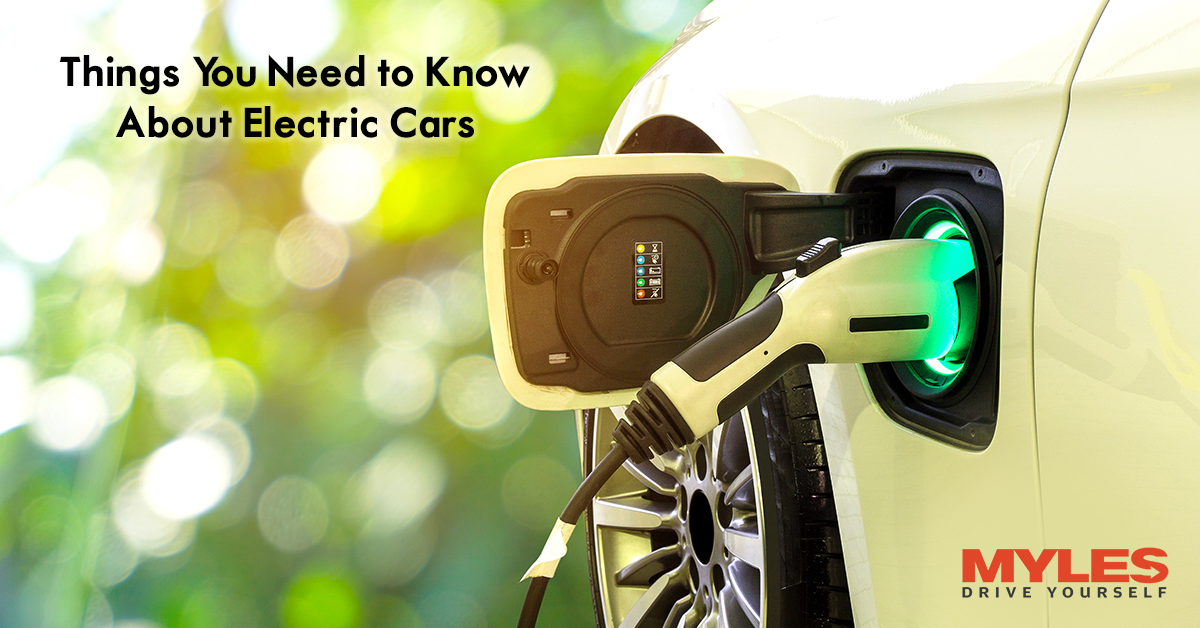What Are Electric Cars?
An electric car is a vehicle that uses an electric motor as its main source of propulsion. These cars run partially on electricity. Unlike conventional cars that have gasoline or diesel-powered engine, these cars use an electric motor, which is powered by electricity from batteries or a fuel cell.
The mains of an electric car are:
- An electric motor
- A motor controller
- The batteries
The controller derives power from the batteries and then delivers it to the motor.
Types of Electric Cars
Conventional Hybrid Electric Car
A conventional hybrid-electric car has a two-part drive system – a fuel engine and an electric drive. These cars contain all the components of both, the electric vehicles and internal combustion engine. The components include, an ICE engine, transmission and battery pack, fuel tank and electric motor. In hybrid electric car, the only energy source is fuel, electrical energy is secondarily generated through alternator or regenerative braking.
Plug-in Hybrid Electric Car
Compared to conventional cars, plug-in hybrid electric car offer increased environmental performance and a lower refueling cost, reason being they can be charged from an outlet. Plug-in hybrid electric cars have larger electrical drives & battery storage capacity, and are equipped with a smaller internal combustion engine. These cars are designed to engage the fuel engine when, the battery electricity is running low. In order to use a plug-in hybrid car effectively, you need access to a place to park and plug in.
Battery Electric Car
These cars use electricity as their only fuel. So, it is necessary to match the battery range to the intended use of the car. But, recharging these cars is becoming easier as the number of charging stations is increasing considerably. The battery-electric cars can replace gasoline with electricity, thus they can be considered as some of the greenest cars available. These cars are perfect for climate-conscious commuters or people who take lots of short-distance trips.
Charging an Electric Car
An electric car needs to be plugged into a source of electricity, which is usually a public charging point or the domestic supply. How long an electric car takes to charge can vary depending on the size of the car’s battery pack (measured in kWh), the type of charging point you are using and the speed at which the battery is able to receive the charge.
Electric car charging levels
Electric cars charging solutions are classified according to the speed at which they can recharge the batteries.
Level 1 charging for electric cars
This is the easiest form of charging the electric cars. It uses a corded plug to connect the vehicle to a standard (120v) household power outlet. Being the slowest form of electric- car charging, it can take about 8-9 hours to recharge a depleted battery. It is typically done at home, where the vehicle is parked overnight.
Level 2 charging for electric cars
This type of charging requires the installation of a station, which provides power at 220v or 240v & upto 30 amps. These are typically found at public charging locations. Considering that it takes only 4-5 hours to recharge a depleted battery, some homeowners choose to install a level two station at home only, for quicker recharging.
Level 3 charging for electric cars
This type of charging is also known as DC-fast charging and it is the fastest charging solution for electric cars. It can recharge a depleted battery in about 30 min or less. This charging option is typically available along the transit corridors because the cost and power requirement is high.
So, now that you know about the basics of electric cars, would you rent an electric-powered SUV if we bring it on board?
To Book a Self-Drive Car, visit: http://bit.ly/312QrFw


